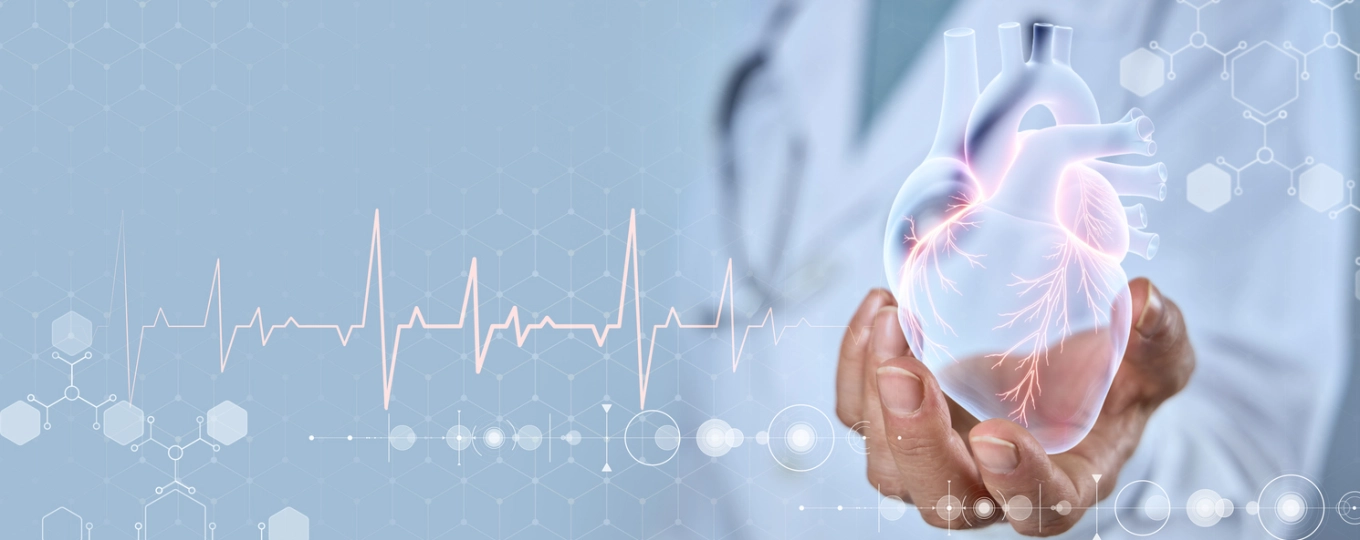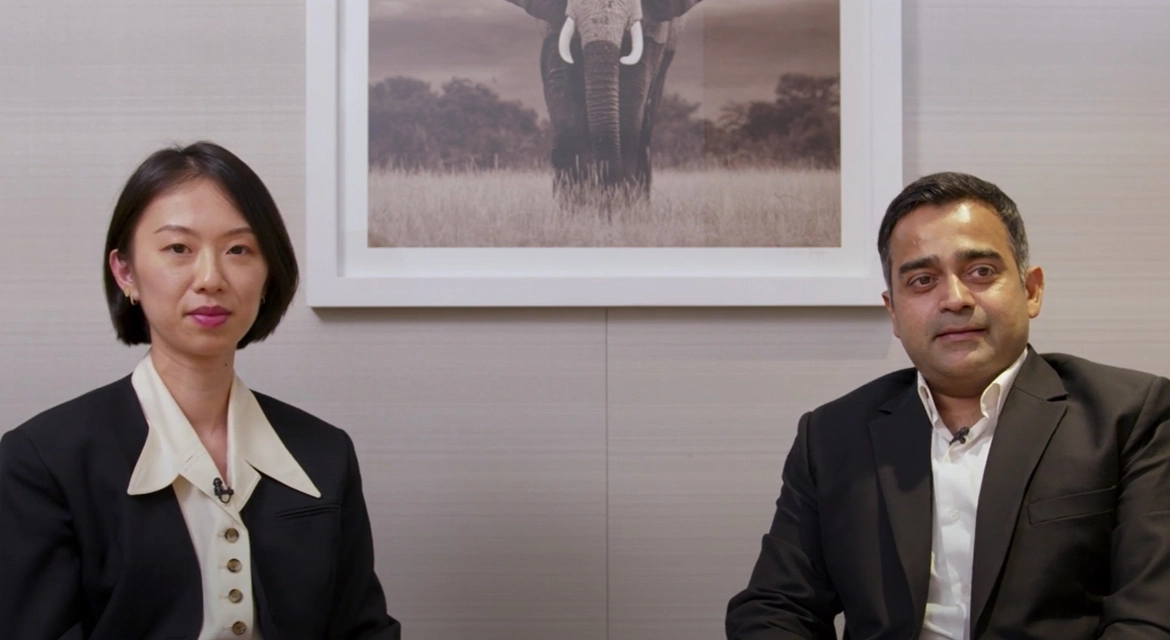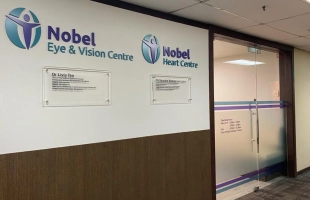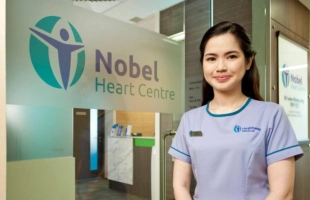Expert Cardiologists in Singapore Dedicated to Your Heart Health
At Nobel Heart Centre, our cardiologists, Dr Leow Khang Leng and Dr Koh Choong Hou (Koh Junhao) from Mount Elizabeth Novena and Dr Saurabh Rastogi from Gleneagles Hospital Singapore, specialise in diagnosing, treating and preventing heart conditions. Using advanced cutting-edge technologies and a fully equipped cardiovascular laboratory, our heart specialists in Singapore deliver comprehensive care in interventional cardiology as well as invasive and non-invasive procedures, helping patients achieve optimal heart health
Make an EnquiryOur Cardiology Services
At Nobel Heart Centre, we provide a full range of cardiology services to meet your health needs. Our expert heart specialists in Singapore offer advanced care across general, non-invasive, and invasive procedures to accurately diagnose and treat heart conditions.
Our Services
| General Cardiology | Non-Invasive Cardiology Procedures | Invasive Specialist Tests |
|---|---|---|
|
|
|

At Nobel Heart Centre, we are committed to delivering world-class heart care. Here's why you should choose us for your heart health needs:
- Expert Cardiologists: Our team of highly respected cardiologists is equipped to handle a wide range of heart conditions, from complex interventions to preventive care.
- Advanced Diagnostic Technology: We use advanced tools to provide precise diagnoses and effective treatments.
- Comprehensive Care: From prevention to emergency heart attack treatment, we offer a full spectrum of services tailored to each patient's needs.
- Personalised Treatment Plans: We work closely with patients to create customised treatment plans, ensuring the best possible outcomes.
Can Stress Lead to Heart Problems?
About 23 people die from cardiovascular disease every day in Singapore. Almost 1 in 3 deaths is due to heart disease or stroke.
FAQs
Cardiology is the medical specialty that focuses on keeping your heart and blood vessels healthy. Your heart works tirelessly every day, pumping blood and oxygen to your entire body — so taking care of it is essential for your overall well-being.
A cardiologist is a doctor who diagnoses, treats, and helps prevent heart-related conditions such as high blood pressure, heart disease, irregular heartbeats (arrhythmias), and heart attacks. They use advanced tools like echocardiograms, stress tests, and heart scans to check your heart’s function and detect any potential issues early.
If you’ve ever felt chest discomfort, shortness of breath, or an unusually fast or slow heartbeat, it may be time to see a heart specialist. Even if you feel fine, regular heart check-ups can help prevent serious conditions before they start.
Your heart works hard every day, and keeping it healthy is essential. But how do you know when it's time to see a cardiologist — a heart specialist? Here are some signs that you shouldn’t ignore:
1. Chest Pain or Discomfort
If you experience pressure, tightness, or pain in your chest — especially during physical activity — it could be a sign of heart disease. Seek medical attention immediately if the pain is severe or lasts more than a few minutes.
2. Shortness of Breath
Feeling winded easily, even without exertion, or struggling to catch your breath could indicate heart problems, such as heart failure or blocked arteries.
3. High Blood Pressure
Uncontrolled high blood pressure puts extra strain on your heart and increases the risk of heart disease and stroke. If your blood pressure is consistently high, a cardiologist can help manage it.
4. Heart Palpitations or Irregular Heartbeat
If your heart races, skips beats, or feels like it’s fluttering, it could be a sign of an arrhythmia (abnormal heart rhythm) that needs medical evaluation.
5. Family History of Heart Disease
If close family members have had heart disease, high cholesterol, or heart attacks, you may be at higher risk. A cardiologist can assess your heart health and recommend preventive measures.
6. Swelling in the Legs, Ankles, or Feet
Swelling in your lower extremities could indicate heart failure, as the heart may not be pumping blood effectively, causing fluid buildup.
7. You Have Diabetes
Diabetes significantly increases the risk of heart disease. If you have diabetes, regular heart check-ups can help prevent complications.
8. You’re a Smoker or Have a Sedentary Lifestyle
Smoking, poor diet, and lack of exercise can damage your heart over time. If you have these risk factors, a cardiologist can help you make heart-healthy changes.
9. You’ve Had a Stroke or Heart Attack
If you’ve previously experienced a stroke, heart attack, or other heart-related issue, ongoing care from a cardiologist is essential to prevent future problems.
If you’re experiencing any of these symptoms or risk factors, don’t wait. Early detection and treatment can make a huge difference in preventing serious heart conditions.
Regular heart check-ups are essential, even if you feel healthy. Based on the latest guidelines from the Screen for Life programme in Singapore:
- Adults aged 40 and above should have regular heart health screenings, including blood pressure checks every two years and cholesterol tests every three years.
- If you have risk factors like high blood pressure, diabetes, high cholesterol, or a family history of heart disease, more frequent check-ups may be recommended.
- High blood pressure
- High cholesterol
- Diabetes
- Family history of heart disease
- Smoking or a sedentary lifestyle
- Obesity
- History of stroke or heart attack
- Younger adults aged 18 to 39 with risk factors should also monitor their heart health and consult a doctor if they experience symptoms like chest pain, breathlessness, or palpitations.
Remember, early detection through regular screenings can help prevent complications and support better long-term heart health.
A typical screening may involve:
- Blood pressure measurement
- Cholesterol & blood sugar test
- Electrocardiogram (ECG/EKG) to check heart rhythm
- Echocardiogram for heart structure and function assessment (if needed)
- Stress test to evaluate heart performance under exertion (for those at risk)
Even if you feel fine, regular heart screenings can prevent silent heart conditions from progressing. If you have risk factors, don’t wait — early detection can save lives.










